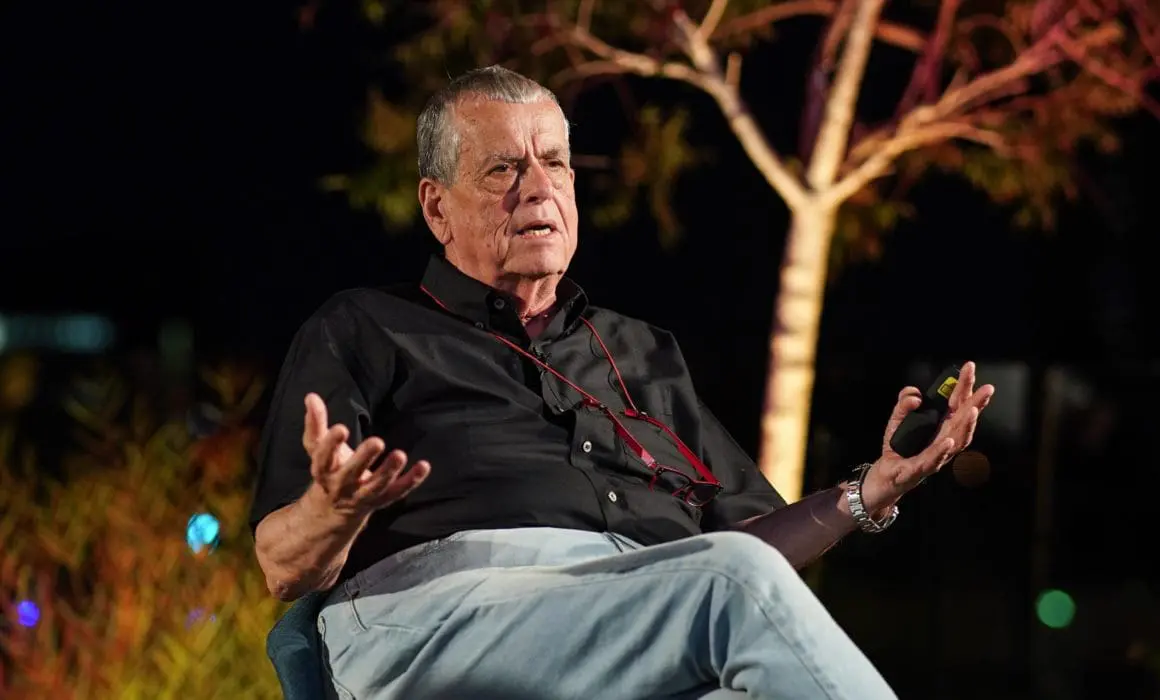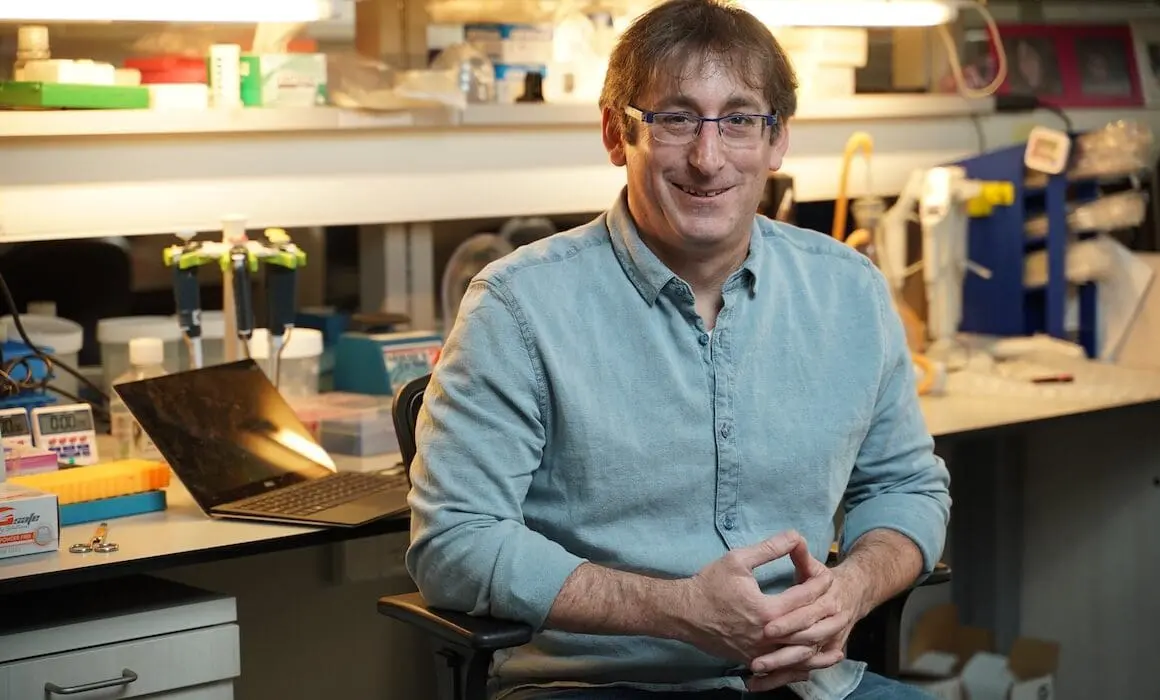A Conversation With a Nobel Laureate on Longevity and Looking Young
Published by www.thaipbsworld.com on February 13, 2024.

Soon, cancer patients will have an additional treatment option, moving away from relying solely on chemotherapy, which often has deleterious side effects. The current one-size-fits-all approach to treating many diseases will soon be replaced by personalized (or precision) medicine.
Essentially, the patient’s DNA will be sequenced, to analyze subclass diseases and identify the cause of the mutation. With a better understanding of disease mechanisms, patients can be diagnosed with great precision and the treatment can be tailored specifically to the target. For breast cancer alone, there will be more than 20 drugs designed to cure each specific type.
Thai PBS World spoke to Professor Aaron Ciechanover, a 2004 Nobel laureate in Chemistry, along with two other scientists who discovered the mechanism by which the cells of living organisms remove unwanted protein, known as ubiquitin-mediated protein degradation. This discovery has significantly advanced research on new pharmaceuticals and the development of personalized medicine. He shared his views on future innovations based on personalized medicine, longevity and why he finds science so fascinating.
Keep reading at thaipbsworld.com.
Professor Aaron Ciechanover is a distinguished research professor in the Ruth and Bruce Rappaport Faculty of Medicine.



